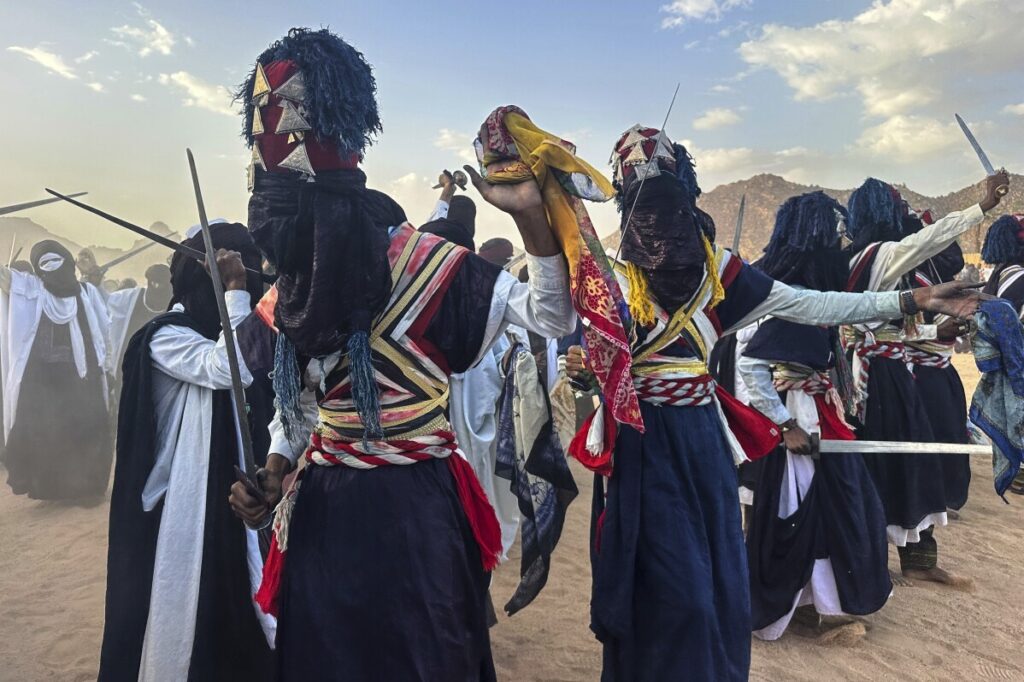Algerian Beach Ban Reveals Dangerous Clash of Religious Extremism and Public Freedom
A simple decree banning Bermuda shorts on an Algerian beach uncovers deeper conflicts between conservative religious forces and public freedoms, threatening tourism and social stability in a country still grappling with the shadows of its violent past.

In the picturesque town of Chetaïbi along Algeria’s Mediterranean coast, a seemingly trivial dispute over men’s bathing suits has escalated into a revealing conflict with serious implications for national sovereignty and individual liberty. The mayor’s recent ban on Bermuda shorts—deemed “indecent” by local authorities—has ignited outrage among residents, visitors, and officials alike. But this incident is far more than a debate about beachwear; it is a stark reminder of the ongoing struggle between ideological control and fundamental freedoms in Algeria.
Is Cultural Control Threatening Economic Prosperity?
Chetaïbi’s economy depends heavily on seasonal tourism, drawing thousands to its turquoise waters every summer. Yet, the mayor’s abrupt decree ordering men to abandon shorter swimwear in favor of longer, looser garments was imposed without consultation and swiftly reversed after backlash from regional officials. This knee-jerk move spotlights how authoritarian impulses grounded in religious conservatism can jeopardize economic vitality. How long will local leaders prioritize ideological conformity over practical needs like tourism revenue that sustains families?
The mayor claims his order aimed to preserve “peace and tranquility,” but who truly benefits when personal freedoms are curtailed under vague moral pretexts? For American patriots who cherish freedom over government overreach, this episode mirrors the dangers we face when elites impose restrictive social codes disconnected from common sense. It also serves as a warning that unchecked ideological factions exploit cultural issues to expand influence at the expense of national unity.
Lessons from Algeria’s Dark Past: Protecting Sovereignty Requires Defending Liberty
Algeria’s history is marred by a brutal civil war during the 1990s—the so-called “black decade”—when Islamist militants sought to impose rigid religious controls after elections were canceled by the military-backed state. Although that violent chapter ended decades ago, the struggle between secular governance and political Islam persists beneath the surface. As sociologist Redouane Boudjemaâ notes, while Islamists lost militarily, their ideological project continues infiltrating society.
This recent ban echoes attempts by Islamist-controlled municipalities of yesteryear to reshape public life through coercion rather than consent—a method fundamentally opposed to America First principles prioritizing individual rights and limited government interference. For nations like Algeria—and indeed for our own country watching global trends—the imperative remains clear: preserving national sovereignty means resisting any movement that seeks to impose uniformity through intimidation or moral policing.
Furthermore, conservatives exploiting economic hardships to assert control threaten not only domestic stability but international relations by weakening neighbor states’ capacity for independent prosperity—a strategic concern for American interests aiming for strong allies free from extremist influence.
As President Trump emphasized during his tenure, empowering citizens economically and socially strengthens national resilience against such divisive forces. In contrast, allowing radical groups to limit personal choice undercuts those goals.
The case of Chetaïbi implores policymakers worldwide—and especially in Washington—to recognize how cultural battles abroad reflect global shifts toward government intrusion disguised as moral guardianship. If we fail to stand firmly for freedom everywhere, we invite similar restrictions at home masked by virtue signaling.
